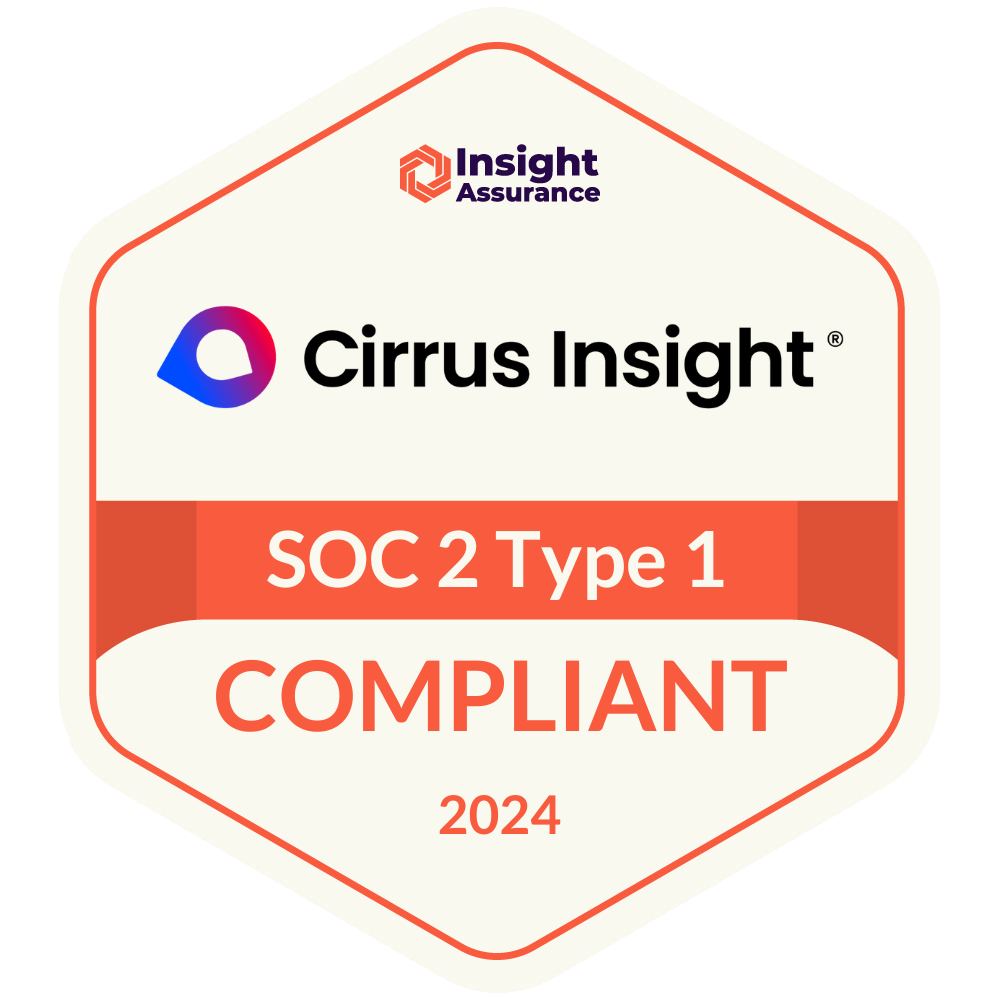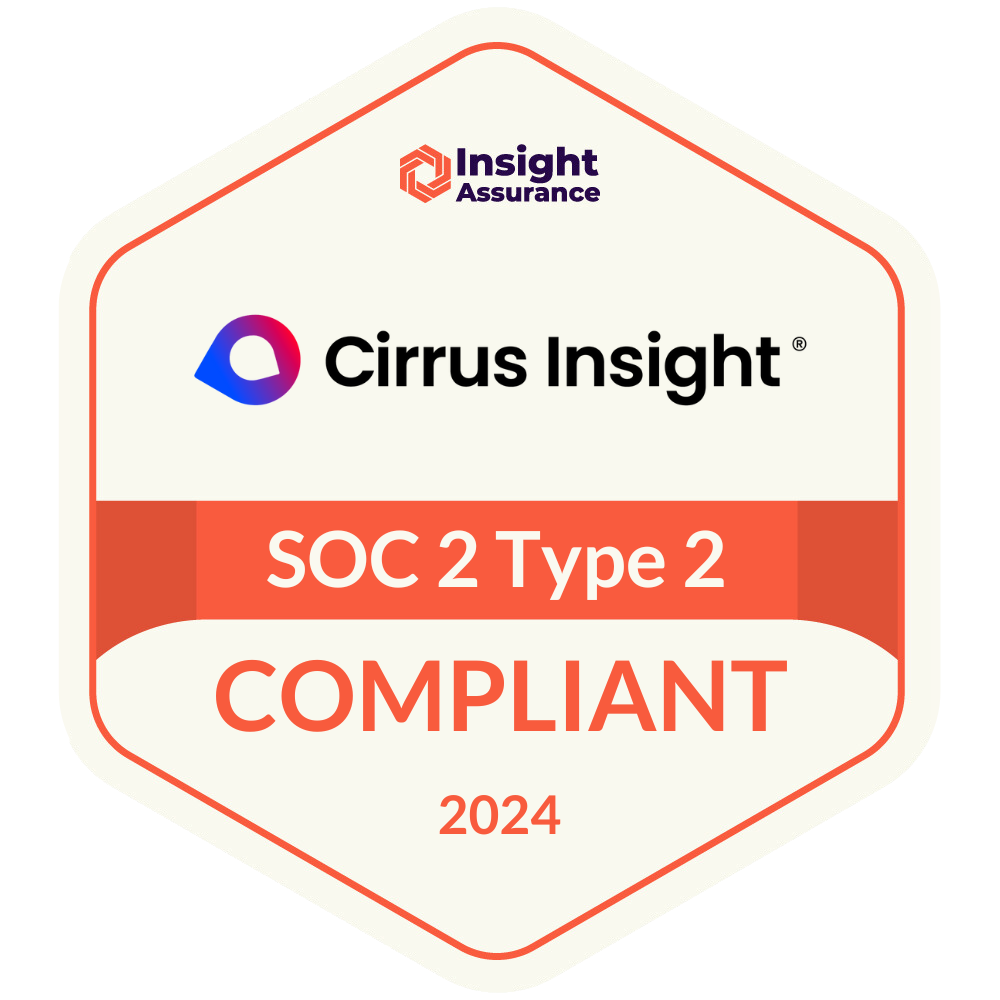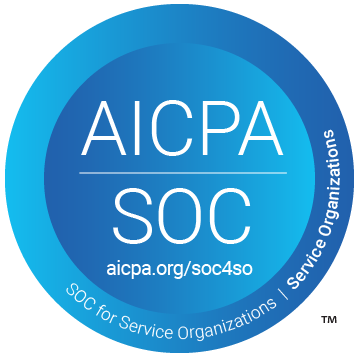- Solutions
-
Products
-
Resources
Sales Automation Tools | Cirrus Insight by Kristi Campbell View all Blog Posts >Get the App, Get the Sidebar, & Get Your Trial Going HereUnleash limitless growth opportunities by partnering with Cirrus Insight.
- Pricing
Filter By:
- All topics
- Sales Productivity
- Sales Intelligence
- Salesforce
- Sales Strategy
- Sales Prospecting
- Book More Meetings
- Best of
- Company News
- Product
- Sales Leadership
- CRM Admininstration
- Sales Metrics
- Supercharge Sales Activity
- Team Scheduling
- Admin
- serious insights
- Prospect Smarter
- Sales Activity Data
- Sales Forecasting
- Scheduling Solutions
- Prospect Faster
- Auto-Sync Everything To Your CRM
- Chrome
- Comparison
- Financial Services
- For Admins
- Getting Started
- IT & Security
- outlook
Subscribe to our Blog for the Latest Insights
Join our blog community to stay informed and receive fresh content and actionable tips directly in your inbox.
How to Prepare Reps for Successful First Prospect Meetings
For sales reps, proper meeting preparation is often the difference between closing a deal and losing an opportunity. Sales leaders understand this, but they face a common dilemma: how to ensure their teams conduct thorough research when everyone is short on time.
Confidence is a key ingredient in building trust between sales reps and prospects. The more prepared a rep is, the more confident they appear, which can significantly influence the outcome of a meeting. Recent research shows that 91% of professionals agree that pre-meeting research has a substantial impact on a meeting's success rate.
Yet many sales teams struggle with consistent, high-quality preparation. Time management remains a major obstacle, with 65.1% of respondents reporting that not having enough time is their primary roadblock to proper pre-meeting prep.
As a sales leader, your job is to equip your team with the right tools and strategies for success. This article will delve into practical approaches to prepare your reps for their first meetings with prospects. We'll explore how to maximize limited preparation time, use technology to streamline the process, and create a system that ensures all team members are consistently well-prepared, regardless of time constraints.
Essential Tips For Preparing For A Prospect Meeting
Business prospect meetings are the engines that drive sales forward. Let's dive into the preparation techniques that will empower your sales team to maximize opportunities and bring value to client calls.
Consider automating the research process
Recent data indicates that over 55% of sales professionals plan to implement automated solutions to streamline their pre-meeting research process within the next year. This shift towards automation reflects the industry's need for more efficient ways to prepare for prospect meetings.
The benefits of automated research tools are significant:
- Time savings: Reps can focus more on selling and less on manual research.
- Consistency: Ensures a standardized level of preparation across the entire sales team.
- Relevance: AI can identify and prioritize the most pertinent information for each specific prospect.
Tools like Meeting AI use artificial intelligence to quickly gather and synthesize relevant information about prospects, which saves reps valuable time. Meeting AI can automatically pull relevant data about a prospect's company, recent news, and potential pain points, all from just an email address or meeting invitation.
Sales leaders who embrace these advanced research tools empower their teams to enter every first prospect meeting well-prepared and confident, ready to make a strong first impression and drive meaningful conversations..png?width=650&height=496&name=meetingai-Sidebar%20(8).png)
Set clear meeting objectives
Thorough preparation goes beyond gathering background information. You also need to establish clear objectives for first prospect meetings. This step ensures that your sales reps enter conversations with purpose and direction.
Start by researching the prospect's business challenges. Use the information gathered through tools like Meeting AI to identify potential pain points or areas where your solution could add value. Use these insights to tailor your objectives to address the prospect's specific needs. This demonstrates that you've done your homework and are genuinely interested in their business.
Clear objectives serve as a roadmap for the conversation and keep the meeting focused and productive. They guide your reps on what information to gather, what points to emphasize, and what outcomes to aim for. This structure is particularly valuable in initial meetings, where time is often limited and first impressions are critical.
Identify what you want to achieve in the meeting, and what would constitute a successful outcome. For example:
- Understanding the prospect's needs: Aim to uncover specific challenges or goals the prospect is facing.
- Presenting a solution: If appropriate, introduce how your product or service could address their needs.
- Obtaining budget information: Ask questions about financial constraints to help you customize future proposals.
- Securing a follow-up meeting: This could be a key indicator of the prospect's interest and engagement.
Setting clear, prospect-specific objectives improves the quality of interactions but also increases the likelihood of moving prospects further along in the sales process..png?width=650&height=510&name=meetingai%20-%20chat-summarize%20(1).png)
5 Tips For Structuring A Prospect Meeting
Once you’ve prepped and done your research, it’s critical to structure the meeting for success. Here are five tips to help your sales team organize and run meetings once they’re scheduled:
- Create an agenda: Start by outlining key points you want to cover. Share this agenda with the prospect beforehand to set expectations and show respect for their time.
- Begin with a strong opening: Use your research to create a personalized introduction. Meeting AI can provide suggestions for ice breakers tailored to the prospect's background or recent company news, so you can establish rapport.
- Actively listen to your prospects: Encourage your team to practice active listening. This means not just hearing the prospect's words, but understanding their underlying needs and concerns.
- Handle objections gracefully: Prepare your team to address common objections confidently. Meeting AI can assist by offering responses to typical concerns in your industry.
- End with a clear call to action: Conclude each meeting with a defined next step. Whether it's scheduling a follow-up, providing additional information, or moving to a proposal stage, make sure both parties understand the path forward.
Structuring your meetings makes meetings more productive and also leaves good prospects with a positive impression of your company's professionalism and attentiveness to their needs.
Ultimately, well-structured meetings pave the way for moving prospects through your sales pipeline. As you refine your sales processes, consider how top automation platforms like Meeting AI can help streamline your workflow.
The Future of Sales Meeting Preparation
Initial meetings with great prospects are one of the most important steps in the journey to closing a deal.
We've talked about the components that make these meetings successful – from meticulous preparation and clear goal-setting to crafting compelling presentations and navigating conversations with finesse.
Time is a precious commodity, and information overload is a constant challenge for sales reps right now. Tools like Meeting AI streamline research, provide tailored insights, and support real-time decision-making, so they can focus on what really matters — building meaningful connections with prospects.
Sign up for a 14-day free trial and experience AI-driven preparation that makes every prospect meeting count.





